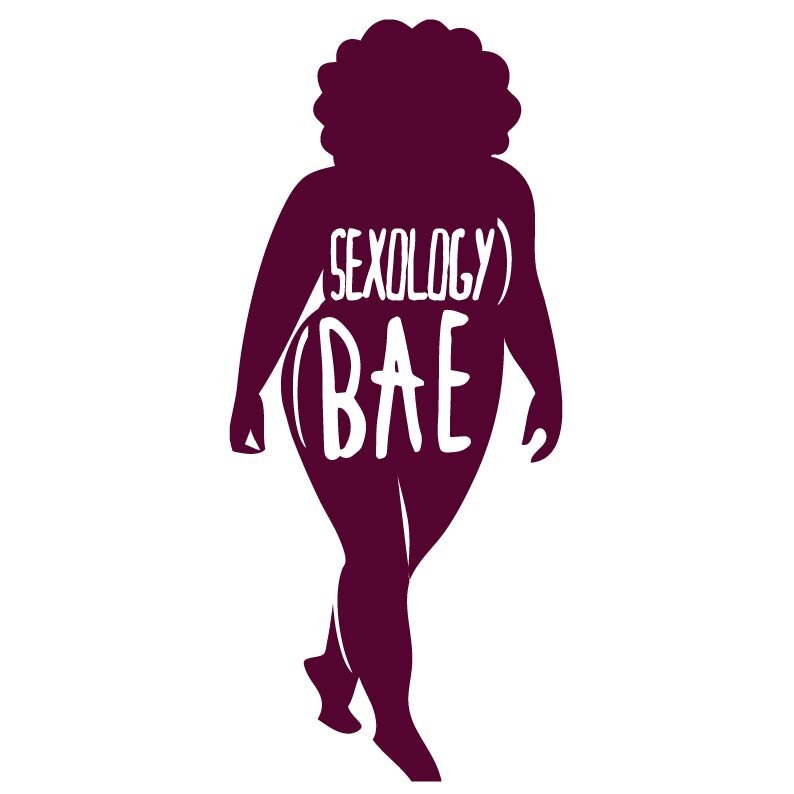Social Distancing and isolation in the wake of COVID-19 has indelibly changed how we interact with our friends, families, partners and communities. From things like being more conscientious about respecting people’s space to wearing masks in public as a more common feature of everyday life, it’s inevitable that these social shifts would impact our sex lives too.
While you’re probably being inundated with articles about people buying sex toys to occupy themselves, public health messages about how to stay safe from COVID if you absolutely have to have sex, and 24/7 horny hours on Twitter, it’s also important to remember that we’re in the midst of a global pandemic and collapsing economy. To call this moment in time anxiety-inducing is a massive understatement.
We’ve collectively been in flight or fight mode for the better part of 2 months and our bodies are just not meant to sustain this level of cortisol (stress hormone) production for such a long period of time. For some of us the more acute symptoms of stress are subsiding and what we may be thinking of as an adjustment to the “new normal” could be our bodies’ ways of adjusting how we function. So while we may not feel as anxious as we did when this first started, we have no way to tell what the long term effects of this will be on our bodies, or our mental health. We’re basically in an extending grief and coping period for the foreseeable future.
One of the ways that people have been managing their anxiety, though, is by focusing on what they can control and adjusting the ways they look for pleasure in order to:
1. Kill time since we’re still stuck inside
2. Try to boost production of some happy hormones like dopamine or serotonin
3. Manage their loneliness, which is necessary for everyone but especially people who are isolating alone.
It almost goes without saying that masturbation, in general, checks all of those boxes. But let’s say you took a trip over to my friends at Just Mindful and found something you liked from their massive selection of vibrators for example, but when it arrived it was the last thing you wanted to use or look at because your sex drive has taken a nosedive because of anxiety. Is that normal and even if it’s not, how can you fix it?
While sex and masturbation can be stress relievers, a global pandemic that has severely altered the global economy has thrown us into a form of “survival stress”. This is one of the most common reasons that your libido is in the toilet, because your lizard brain has kicked in and you need to focus on keeping yourself and your family alive. Biologically, having sex for pleasure or procreation isn’t much of a necessity right now since it doesn’t help you in the short term so it’s not something your body feels the need to give much energy to.
As a generally anxious person myself, I certainly felt this kind of libido drop during the early weeks of lockdown. Couple this stress with spending more time with our partners (for those of us who are partnered and mostly staying at home), different eating/exercise habits, or a fear of getting pregnant during *gestures wildly* all of this, and it’s a perfect mix for a non-existent sex drive.
But the good news is that it’s likely not permanent, especially if this is the first time this has happened to you. If you’re actively trying to get back in the metaphorical saddle, it’s important to keep a few things in mind. First, we are still in the middle of a pandemic, regardless of what our respective state governments are trying to force us to do. It’s perfectly okay if you don’t feel back to “normal” even if you really want to be. Be patient with yourself and try not to get bogged down in guilt for not wanting to masturbate or have sex. It’s your body’s way of reminding you that as far as it’s concerned, there are more important things to focus on.
Secondly, it’s a great idea to use this as a good reason to reconnect with your sensuality. Engaging your senses even if you’re not actively seeking an orgasm by setting the mood and turning inward to reconnect with your body is a great practice to start during a time like this. But it’s also okay if you don’t even want to do that! Waking up and keeping ourselves fed and hydrated is really all we need to focus on right now.
There’s no guidebook for any of this. Whether you’re only focusing on getting through each day, finding new ways to feel pleasure with yourself, or trying to manage a relationship with a new sexual dynamic, it’s okay not to have all of the answers. It’s also okay to feel different day to day. Finding peace and connection with yourself and others (virtually, unless they already live with you) is just one way to get through this.
Many thanks to my friends at Just Mindful for their support in writing this post!




